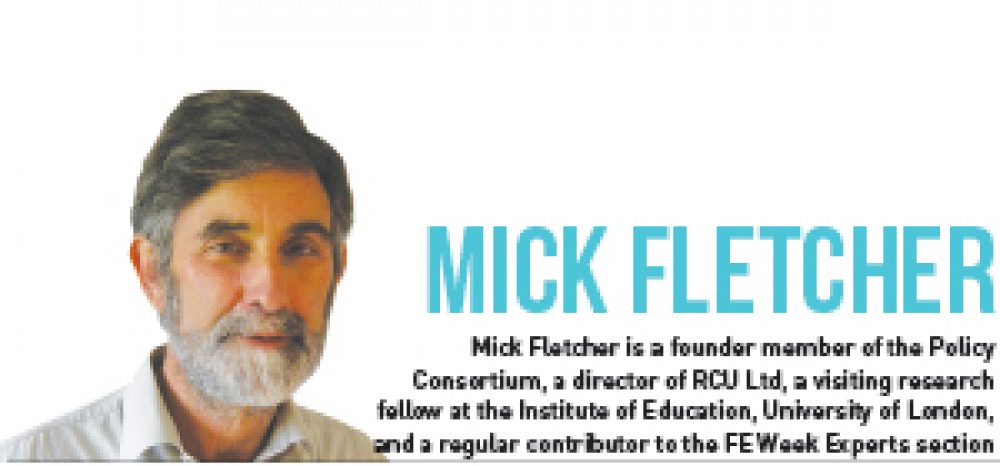With the winner of the Labour leadership contest set to be announced on September 12, Mick Fletcher analyses how well each candidate understands the challenges facing FE and considers their different visions for the sector.
It is no surprise that the Labour leadership contenders are strongly critical of the Conservative and coalition record on FE.
Though expressed in different ways, however, their critiques of government policy (published online in the FE Experts section) give no basis for choosing between them, nor of gauging their potential impact on the sector were they to ever gain the keys to Number 10.
For those purposes one needs to ask firstly whether their comments show an understanding of the FE and Skills system and secondly whether their proposals for reform seem credible.
On the initial test Andy Burnham paints the most limited picture of FE; for him it all seems to be about apprenticeships, positioned as an alternative to higher education.
He talks of raising the status of technical education but gives few clues that he understands what, other than apprenticeships, it consists of.
Yvette Cooper is little better, mentioning lifelong learning, and also the need for a broad education for young people but not seriously engaging with either.
Liz Kendall shows a clearer understanding of FE, recognising its role in adult education and lifelong learning as well as working with employers to deliver apprenticeships.
Jeremy Corbyn too has a wider view. He is the only one to highlight the important potential synergies between FE and Job Centre Plus and to stress the links with productivity.
Although they condemn Conservative cuts, neither Cooper nor Kendall give any idea about how they might be reversed.
In the current climate that is dangerously close to leaving FE where it is, to fight (and probably lose) a battle against the competing claims of health, schools and pensions.
Burnham has a big idea — a graduate tax — which may be an appealing way of relieving student debt without bankrupting higher education, but it is not clear how this would fund apprenticeships as well, let alone the FE system in all its current complexity.
Only Corbyn has credible proposals for finance; his 2 per cent increase in corporation tax, hypothecated to fund adult FE is not that dissimilar to George Osborne’s proposed levy on big businesses designed to fund apprenticeships.
The Treasury won’t like it any more than a hypothecated training levy and big business will like it less because they can’t get it back but it could be done.
Yvette Cooper has the most credible proposal for boosting apprenticeships; using the power of public procurement to require businesses to invest in training.
Liz Kendall’s suggestion for greater involvement of the trades unions is interesting, and could have been strengthened if she had made the link with the social partnership approach underpinning the German model she admires.
In contrast Andy Burnham’s suggestion of a Ucas-type system for apprenticeships seems to betray an imperfect understanding of how the system actually works.
Contracts of employment with training, offered intermittently at different levels by thousands of employers cannot be brigaded neatly in the same way as annual offers of broadly similar programmes to broadly similar students by a limited number of higher education institutions.
Three out of the four candidates refer to devolution.
Liz Kendall and Yvette Cooper talk of provision being shaped locally, or devolved to cities and county regions — no great change from current policies on skills.
Jeremy Corbyn’s approach seems rather different, calling for colleges to work with employers to accredit apprenticeships. If the words ‘national colleges’ had been used however this would also represent policy continuity rather than change.
The most surprising feature of the four essays perhaps is that each of the candidates seems to miss some potentially wide open goals.
The lack of impartial careers advice for example is a standing reproach to current policy.
The imminent destruction of excellent provision in sixth form colleges is another.
One can’t expect too much detail in a short piece on a specialised topic from a potential party leader, but the apparent reluctance to move too far from vague soundbites suggest that FE lobbyists will have their work cut out whichever candidate finally emerges on top.









Your thoughts